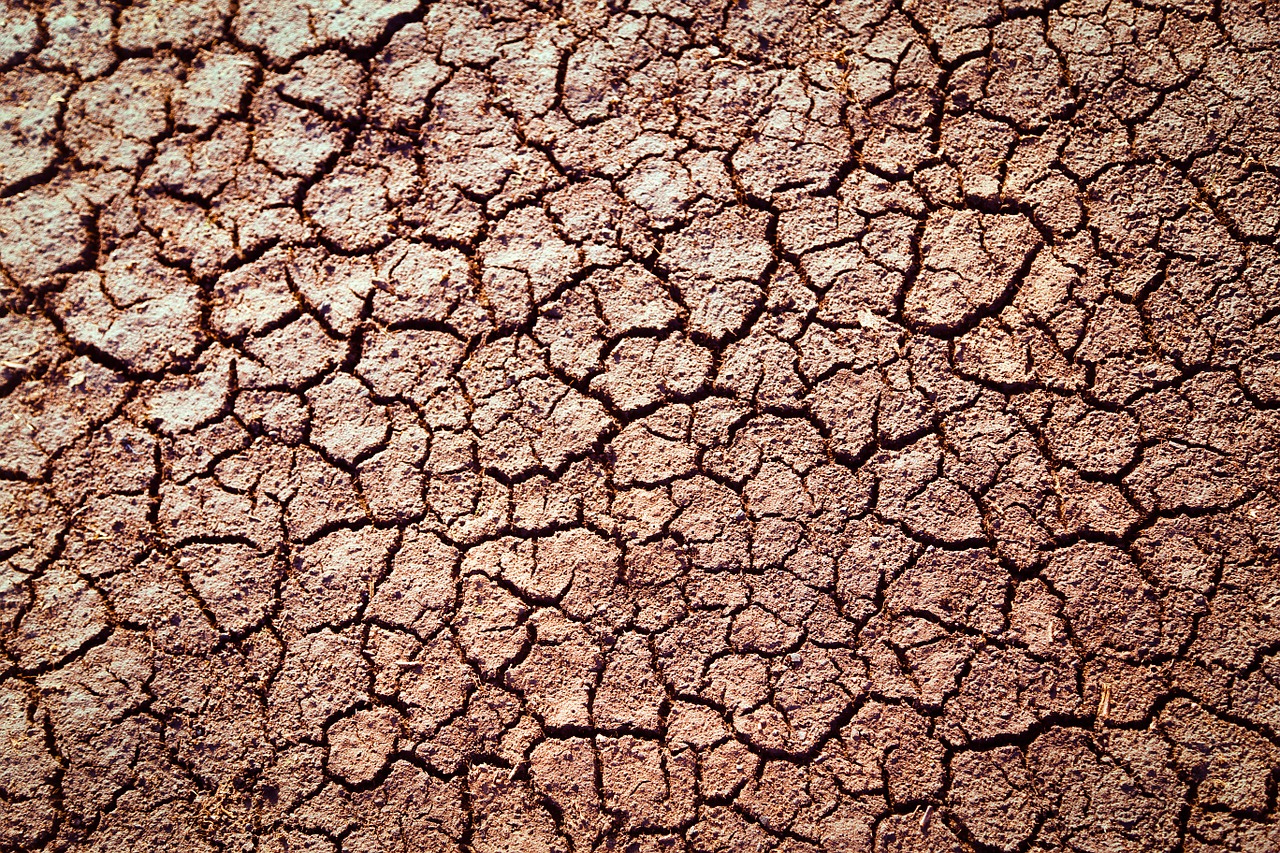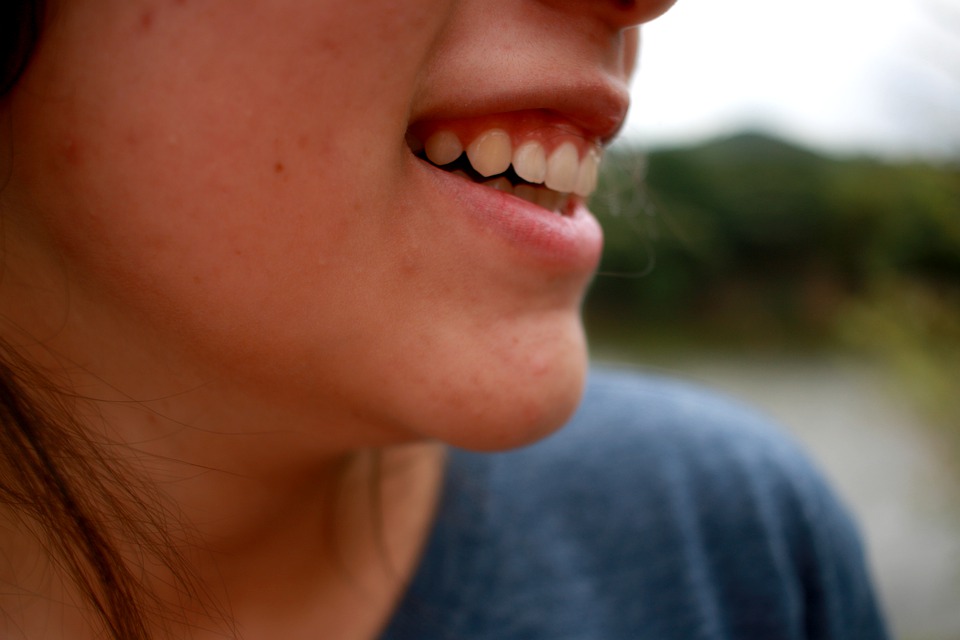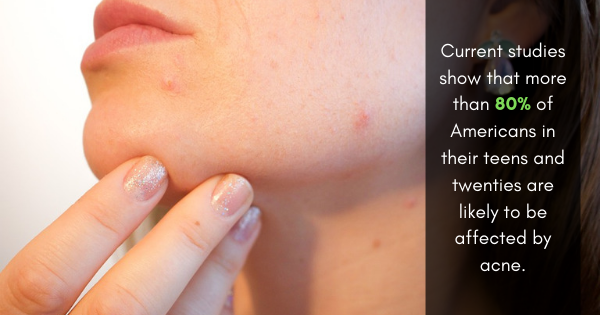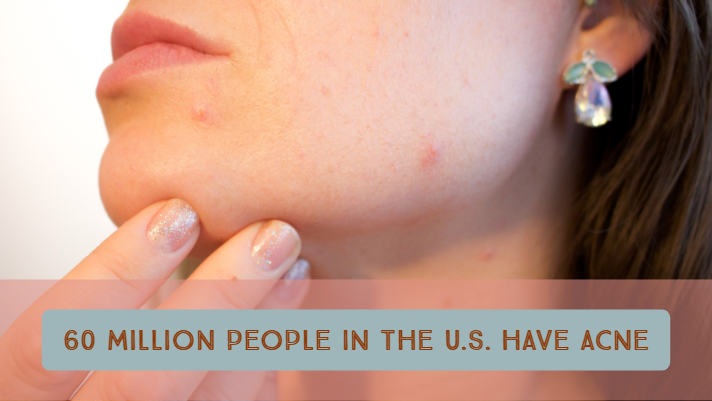
How to Treat Acne When You Have Dry Skin
Even if you’re battling both dry skin AND acne, the solution to all your problems might be simpler than you think.
Excess oil is one of the main causes of acne, so it’s no surprise that many treatments focus on drying up your skin. But what if your skin’s dryness is the reason you have acne in the first place?
While it might seem counterintuitive, overly dry skin is just as prone to acne as oily skin. When your skin is too dry, its ability to prevent the buildup of dead skin cells, bacteria, and other foreign objects is compromised. Plus, since it’s more easily irritated, dry skin will leave you more susceptible to painful, difficult-to-manage breakouts.
Whether you have chronically dry skin or just can’t seem to keep it properly hydrated during the harsh winter months, it’s still totally possible to pursue a glowing complexion — with the proper treatment, of course.
Identifying and Eliminating Irritants
Before you panic and consign yourself to a lifetime of dry skin, stop and consider: are the skin care products you’re using on a daily basis contributing to your condition? While benzoyl peroxide and other topical treatments are effective at reducing bacteria and pore-clogging sebum, they can easily overdry skin, worsening acne if used incorrectly.
If you know you have sensitive skin, it might be time to tone down the harsher treatments. Investing in a gentle face wash, for instance, could help your skin retain some of the moisture you’ve been scrubbing away. As far as products like salicylic acid and benzoyl peroxide go, try using them less frequently, or at a lower dosage — that way you’ll reap the acne fighting benefits without making your face feel like the Sahara Desert.
Moisturize, Moisturize, Moisturize
This should probably go without saying, but if you have dry skin, you absolutely have to moisturize! You might think that moisturizing will negate the effects of your zit-zapping treatments, but it’s actually an essential step in preventing new acne from popping up. In fact, keeping your face moisturized and healthy helps prevent your skin from secreting an excess of pore-clogging sebum.
When it comes to shopping for cosmetics, it’s always best to stick with familiar ingredients — products containing zinc and jojoba, for example, make for fantastic moisturizers. If you want to go the totally natural route, honey is also a viable alternative, working as both a moisturizer and an antibacterial agent.
Leave Well Enough Alone
The #1 tip for improving a dry, acne-prone complexion? Don’t overdo it! Even if you’re not using a harsh cleanser, over-washing can dehydrate skin. Using masks, getting facials, and exfoliating can all be wonderful for your skin — just be sure to do everything in moderation. It might feel like you’re helping, but oftentimes, exposing your already delicate skin to harsh treatments can do more harm than good. It can be hard to believe, but if you start by gently cleansing twice a day and applying oils or creams to seal in moisture, your skin will often do the rest of the work for you.
If you have questions about how best to treat your dry skin, contact a dermatologist to develop a skincare regimen that works for you.









No Comments
Sorry, the comment form is closed at this time.